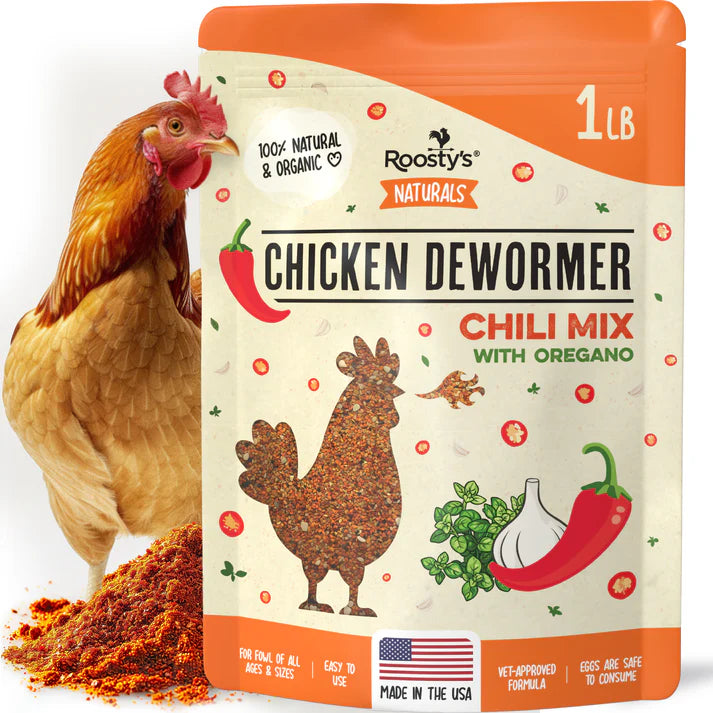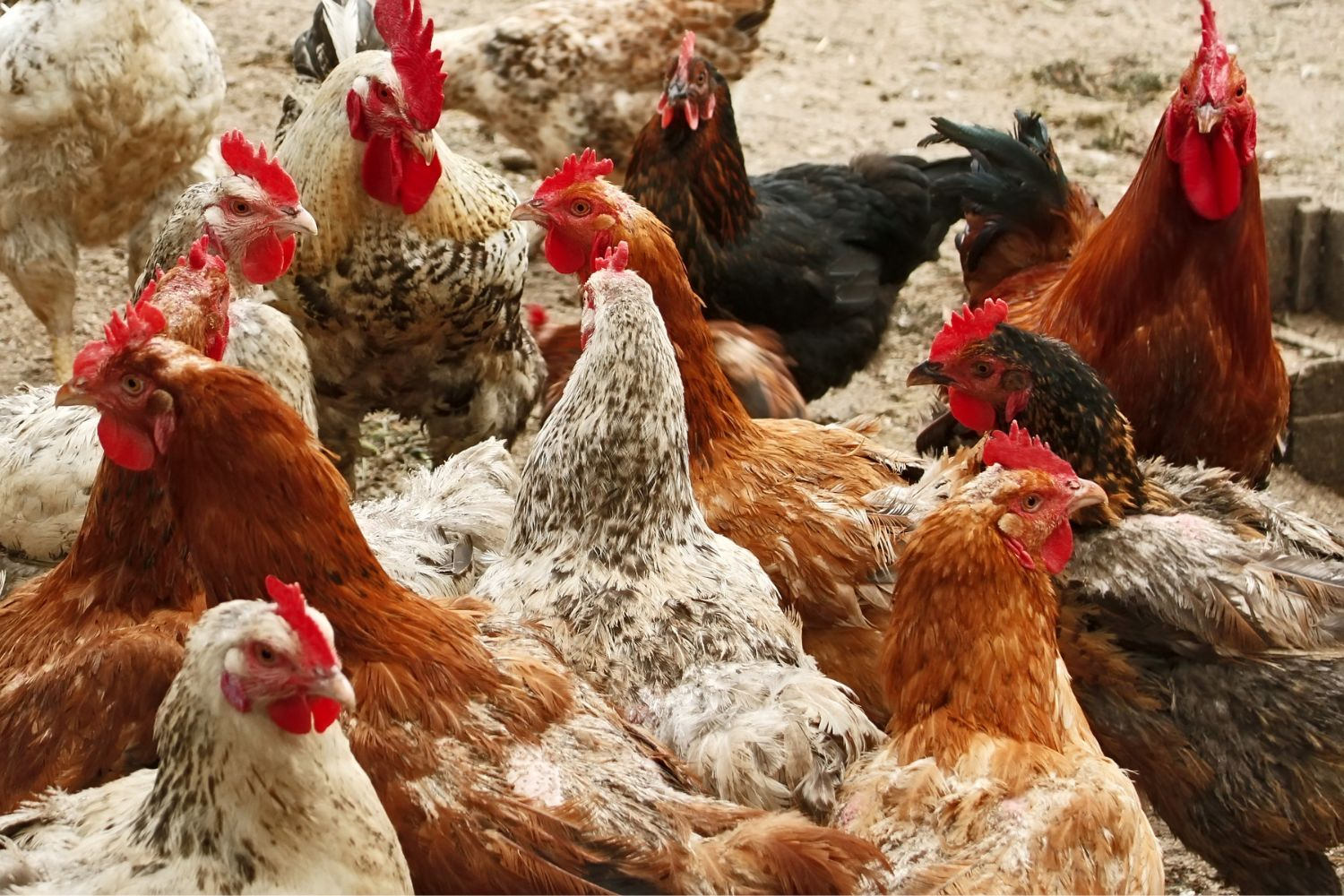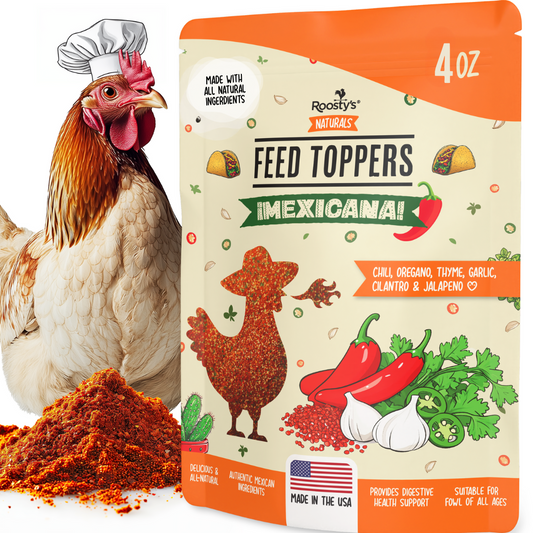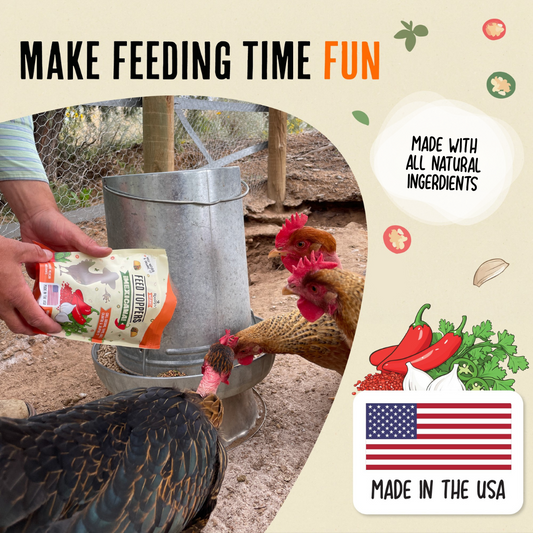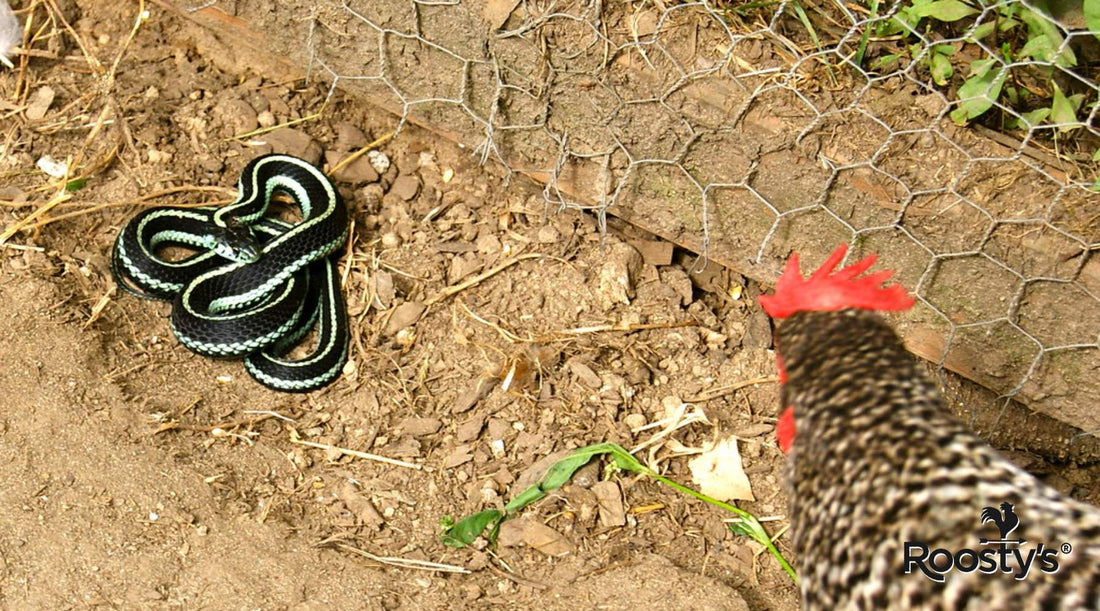
Keep Snakes Out of Chicken Coop: Effective Tips and Solutions

Snakes are a common chicken predator that can cause harm to your flock. I’ve been on the receiving end of a snake attack in a chicken coop before, and I can tell you it’s not pretty!
Since then, I reinforced my security measures to keep snakes away for good. It’s been successful so far - no more chickens have been harmed by these slithery pests or any other predators for that matter.
You want to protect your chickens (and I want you to protect your chickens!) so let’s look at some tips and solutions on how to keep snakes out of chicken coop structures.
Install Hardware Cloth Around The Chicken Coop Perimeter
The first thing I realized was that snakes easily got through my chicken wire fencing.
It kept out larger predators - like foxes and possums - but snakes managed to slither through the gaps.
As a consequence, I switched to hardware cloth. This is a type of wire mesh fence that’s similar to chicken wire but with one key difference. The wire experts at Louis Page explain that hardware cloth is a ½ inch by ½ inch mesh with 19-gauge galvanized wiring.
In simpler terms, it’s a wire mesh with tiny gaps and very strong wiring. This will make it harder for things to break or chew through the wires while preventing snakes from slithering through the gaps.
I installed this around the perimeter of my chicken coop and run, so no snakes could get in. It’s also a useful way of stopping your chickens from running out and getting lost.
My hardware cloth fence sits around 5 feet off the ground, but most experts say that anywhere between 5-6 feet should be perfect. This stops chickens from flying over it, while also deterring other predators.
My biggest tip here is to ensure the hardware cloth is dug into the ground by a few inches too. You don’t want to leave a little gap for the snakes to slide underneath!
Inspect Your Coop For Any Unknown Entry Points
Often, snakes will get inside your chicken coop, do some damage, and slither away before you’ve realized. If you hear your hens squawking or notice baby chicks/eggs keep going missing, it’s a telltale sign of snakes in the coop.
I suggest checking your chicken coop for any unknown entry points. Are there gaps in the structure for snakes to slide into?
Even with a hardware cloth fence, you need to take extra security precautions to stop snakes from going from the run into the coop itself.
If you spot any entry points, cover them up.
Hardware cloth works well here again, or you can board it up using wooden planks. For really small gaps, consider using caulk to seal everything away.
Raise Your Chicken Coop Off The Ground

Snakes get around by slithering along the floor. When your chicken coop sits flush to the ground, it’s easy for them to gain access.
Even with sealed entry points, they might slip in through the doors if they find the right time.
Keeping that in mind, it might be smart to raise your chicken coop off the ground.
It doesn’t need to be raised excessively high - most people think anywhere between 8-12 inches is enough to keep snakes away. You can make it higher if you wish, but it’s up to you.
Having a gap between the coop and the floor means snakes can no longer slither inside.
I recommend having steps leading inside the coop too, rather than a ramp. If you have a ramp, the snakes will just slither up it, rendering the whole idea pointless!
You can raise the coop in a couple of ways:
- Build wooden posts underneath it to act like stilts
- Lay down some concrete blocks to lift it up by a few inches
The choice is yours, but there’s an added benefit of raising a coop off the ground.
As explained by The Featherbrain, an off-the-ground chicken coop has better air circulation from the ground up.
This will keep the floor cooler, stopping litter from getting hot and moist.
It mentions on The Poultry Site that dry litter can help reduce ammonia fumes and decrease bacterial growth. Basically, your chicken coop will smell better and there’ll be fewer chances of chickens contracting and spreading diseases.
All in all, a big win-win for raising your chicken coop off the ground!
Install Elevated Nesting Boxes
Snakes can eat chickens, but this rarely happens. It’ll only be really big snakes that do this, while smaller ones are more likely to attack chickens and go for their chicks or eggs.
Funnily enough, it’s the eggs that lure snakes to the chicken coop.
They see it as a quick and easy meal that’s digested and consumed with minimal effort. If you elevate your chicken nesting boxes above ground level, you can keep snakes out of chicken coop areas.
They can’t get to the nests, meaning they don’t manage to eat any eggs. It goes from being an easy meal to one that’s nearly impossible.
Snakes are very clever creatures, so they won’t bother exerting energy on something this difficult.
I always install nesting boxes on the wall of my chicken coops, almost like shelves.
As long as there are ladders or steps for your hens to reach them, you won’t experience any problems.
Protect Chicken Eggs From Falling On The Floor

I will admit, there’s one small problem with elevated nesting boxes that I discovered immediately after installing them. When some hens lay eggs, they can slip out of the box onto the floor.
As well as being a waste of good eggs, this attracts snakes and other pests.
So, if you want to know how to keep snakes out of chicken coop structures, my suggestion is to protect chicken eggs so they don’t fall on the floor.
The best way to do this is by providing adequate nesting materials. Your hens should lay eggs on materials that are soft enough to catch the eggs while keeping them in place.
At Roostys, we actually have washable chicken nesting pads that work perfectly here. Cut them to size, place them in your nesting boxes, and they will collect eggs and keep them from rolling over.
As a result, eggs don’t crack on the floor, so snakes aren’t going to have a reason to pay your coop a visit.
Rodent-Proof Your Chicken Coop
Ironically, one of the best ways to learn how to keep snakes out of your chicken coop is by adopting rodent-proof tactics.
Hang on a moment, what do rodents have to do with anything? They aren’t predators of chickens, but they are prey to snakes.
A snake will happily dine out on small rodents and a lot of snakes end up in chicken coops because they were chasing a rodent.
It’s kind of like following a food truck and then it pulls up at a food festival with loads of other options for you to enjoy!
You can stop this if you repel rodents from your chicken coop too. The good news is, we’ve already mentioned one key way to do this using hardware cloth.
This can block lots of rodents from entering your chicken coop and run, but there are other steps to take as well:
I also suggest trying one of our DIY chicken feeder port kits. They can turn any bucket into a chicken feeder with minimal mess as your chickens put their heads inside the feeding port to basically eat inside the bucket. It makes your job easier and you can easily seal the ports off at the end of the day to deter rodents.
Keep Snakes Out Of Your Chicken Coop To Protect Your Flock
You wanted to know how to keep snakes out of chicken coops, and I’ve shown you. It’s not as challenging as it sounds - you need to focus on ways to block them from accessing the coop and run.
Hardware cloth is essential as a perimeter while raising your coop off the ground and sealing any gaps further prevents easy entry points.
After this, you should consider elevating nesting boxes and using nesting materials that stop eggs from falling on the floor and being easily accessible.
Lastly, work on your rodent control as they will lead snakes to your chicken coop, causing all sorts of problems.
I hope you found this guide useful and can now use my tips to protect your flock from any slithery snakes that want to cause harm to your chickens!
